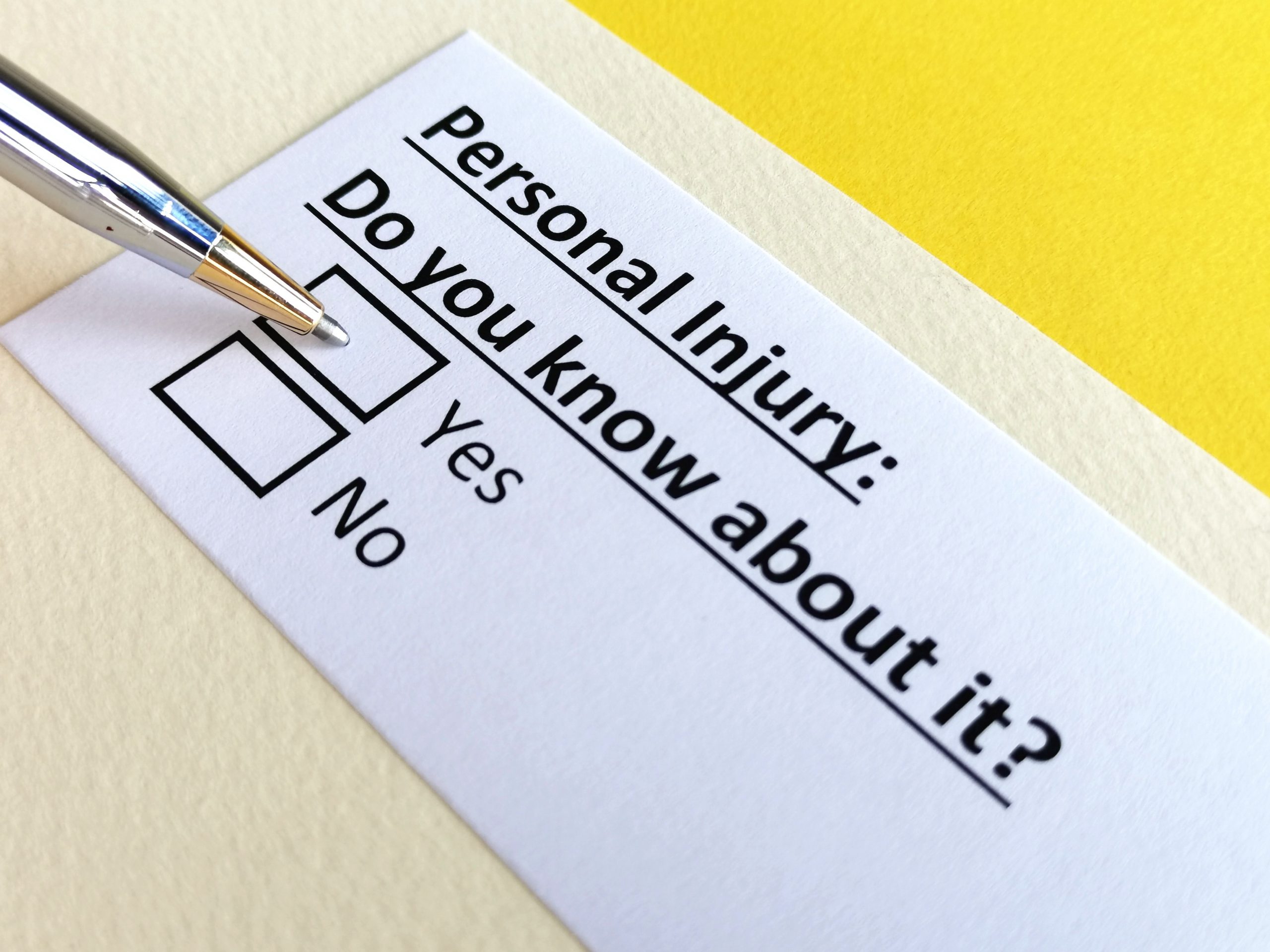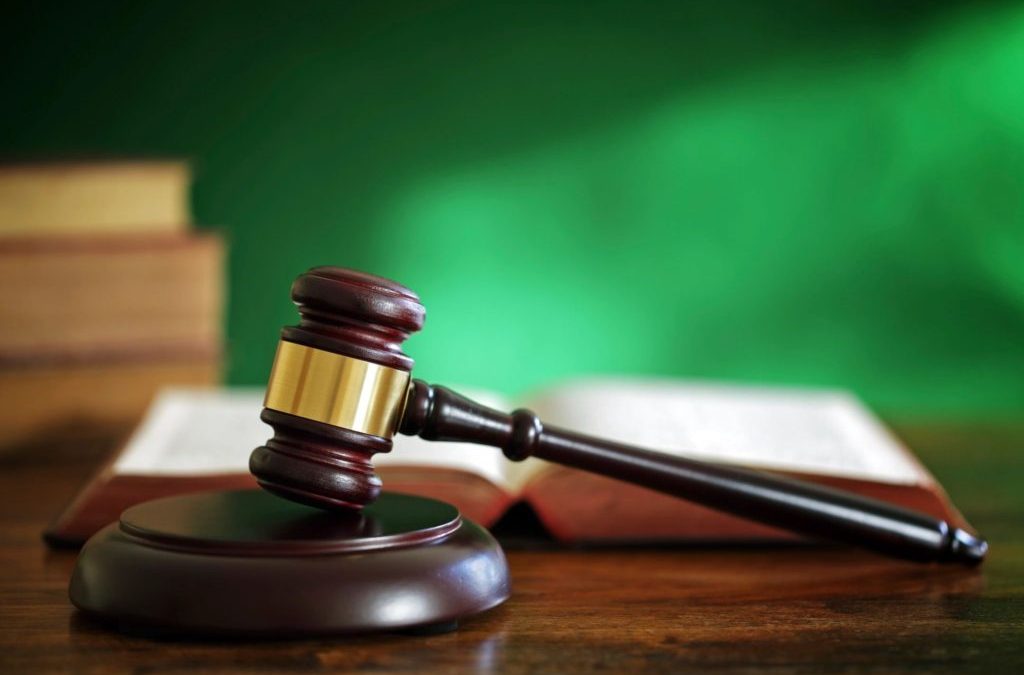
The Future Lawyer Weekly Update – w/c 20th January
January 23, 2020
7 Things You Need To Remember About Personal Injury Law
January 26, 2020By Emily Counter
Founded in 2009, the UK Supreme Court as the highest body in the internal court structure is pivotal in establishing the legal landscape and setting precedent on some of the most topical matters.
It has had many successes over the years, winning praise from the public due to its broad analysis and application of more generous interpretation rules to prevent injustice as a result of anomalous views or findings.
However, it has also suffered failures on a few occasions. When dealing with matters that significantly affect the public it can be hard to reflect the views of everyone within a single judgement hence, the court must take on the difficult role of guiding the social narrative. This can sometimes be a very controversial duty.
Here we look at some significant cases that highlight the successes and failures of the Supreme Court.
Successes
The Supreme Court, whilst in its pursuit of justice, has been responsible for very substantial cases against notable public bodies. These cases detail how the court takes a stance against institutional failures and promotes the rights of the public above all.
Commissioner of Police of the Metropolis v. DSD
This case was established by the victims of convicted sex offender John Worboys, otherwise known as the “black cab rapist”. For the purposes of the case the victims name has been abbreviated to DSD.
Over the 6 years in which Worboys’ committed these offences, the police were consulted multiple times by victims about their experiences providing ample evidence to allow an investigation. However, they failed to consider the information given to them creating a loss of opportunity and potentially causing John Worboys’ crimes to carry on much longer than necessary. An arrest was finally issued in 2008 following a review of cases with a similar modus operandi.
The justices had to decide whether to allow an appeal from the Commissioner of Police. To do this they would have to determine if there had been a breach of Section 6 of the Human Rights Act 1998 (with S.7 allowing proceedings to be taken as a response to this). S. 6 establishes that any public body must comply with the rights of the European Convention on Human Rights as far as possible.
The victims claimed that the police had failed to comply with Article 3 which prohibits torture and “inhuman or degrading punishment or treatment.”
Several significant questions of law were answered during the case, creating an extensive precedent that imposes a new obligation upon the police under section 6. For example, the commissioner attempted to deny a duty to the victims by arguing that the police hold more of a “communal duty” rather than one specifically dedicated to an individual.
In agreement with the case of MC v. Bulgaria (2005), a positive duty to investigate when possible existed and was described as an “operational” duty. Lord Kerr attempted to further define the qualification of a breach as “only conspicuous or substantial errors” rather than those that are trivial.
The appeal was dismissed and the victims awarded damages totalling over £40,000. Groups such as Rape Crisis and Liberty celebrated the judgement following their large involvement in the case. Martha Spurrier, Director of Liberty, when detailing the importance of the judgement said this: “Instead of focusing their resources on wriggling out of their fundamental duties under the Human Rights Act, the Government and Police must now commit themselves to protect survivors of sexual violence and standing up for victims’ rights.”
The Supreme Court was tasked with establishing if the courts had jurisdiction to hold members of parliament accountable when accused of false accounting (concerning parliamentary expenses).
The defendants were charged under s. 17(1)(b) of the Theft Act after making use of expense claim forms when they were found to be using them for false claims. For example, Mr Chaytor filed the form to claim back on IT Services related to his employment. However, it was later found that these services were never utilised and he was profiting from the expenses.
Reliance on Article 9 of the Bill of Rights 1689 brought into question if the courts have exclusive jurisdiction to hold the MP’s accountable. Article 9 relates to parliamentary privilege and states that :
“The freedom of speech and debates or proceedings in parliament ought not to be impeached or questioned in any court or place out of parliament.”
This principle was found to not apply as parliament as a whole had previously rejected this right and so individuals could no longer rely on it. In 1999 the Joint Committee of Parliamentary Privilege (made up of members from both houses) released a definitive report stating that parliament is not and never will be a “haven from the law.” This was echoed by Michael Martin, speaker of the house, in 2008 when he said that parliamentary privilege has never stunted the operation of the criminal law. The appeal was dismissed and a trial allowed for the 4 MP’s.
This case was praised by many due to the liability it placed over MP’s and the abuse of power that it prevented. It remains significant today as it was noted when tory MP Christopher Davies was found guilty of a similar offence in 2019.
Failures
Over the year the Supreme Court has dealt with many cases that saw a large cross over between law and morality. Whilst not suffering “failures” as such, several cases that have been largely in the public eye, have received a lot of criticism from those looking on through a moral perspective.
Some judgements passed down have not necessarily had durability over the years. A Ratio Decidendi is the reasoning for a judicial decision and gives the judge an opportunity to cite the rule of law that he is relying on in that case. When a Ratio conveys a strong view on a controversial matter it runs the risk of being criticised a few years down the line when the social narrative may have leant away from it (for example support for legalising consensual euthanasia used to be sparse but has significantly grown over the years).
Lee v. Asher’s Baking Company Ltd and others
An appeal was held on behalf of the directors for Asher’s Baking Company. When asked by the respondent (a representative of an organisation that supports LGBT rights in Northern Ireland) to decorate a cake with the words “Support Gay Marriage” for an event, the appellants refused.
Their religious beliefs caused them to oppose marriage between same-sex couples. They claimed their refusal was not because of the identity of the person ordering the cake or its purpose but that it came from their views.
Courts up until the Supreme court declared the refusal as incompatible with the Equality Act (Sexual Orientation) Regulations for Northern Ireland (2006) that defines discrimination, in this case, as a practice which puts people of a same-sex relationship at a disadvantage (when people in a heterosexual relationship would be treated to an equal standard).
The Court of Appeal had said that the refusal was “indissociable” from the connection with same-sex couples. However, the Supreme Court disagreed. The objection was not due to the message or any particular person involved as people of all sexual orientations can support same-sex marriage.
A breach of the rights of the appellants was put forward. Article 9 of the European Convention for Human Rights enshrines the right to Freedom of Religion, Conscience and Thought.
A negative interpretation of this was deemed to include the right to not express an opinion. Whilst the bakery cannot refuse to provide a cake because of someone’s sexual orientation this does not force them into having to convey a message in which they don’t agree. Hence, a breach was seen to have occurred.
The ruling of the Supreme Court came as a shock to many. The respondent, Gareth Lee said the following: “To me, this was never about conscience or a statement. All I wanted to do was to order a cake in a shop.”
Several organisations associated with the LGBTQ community came forward to highlight their reaction, most notably the Rainbow Project, Ireland’s largest LGBTQ support group. They expressed their disappointment upon hearing the ruling.
On the other hand, some did praise the judgement and what it meant for the future of religious freedom. Arlene Foster, leader of Irelands DUP party described the judgement as “clarity for people of all faiths and none.”
This case is now set to appear before the European Court of Human Rights following animosity with the Supreme Courts findings.
Tony Nicklinson v. Ministry of Justice
Tony wished to die but needed the help of another to do so. He suffered from severe physical disabilities and could not act on his own. His wishes, however, could not be carried out as assisted suicide remains illegal.
S.2 of the Suicide Act 1962 states that anyone who assists in suicide is potentially liable for an offence. Therefore, the appellants made 2 claims against the state.
- The law should be repealed and assisted suicide made lawful due to moral reasoning and growing support for the idea.
- The law was incompatible with Article 8 of the European Convention on Human Rights, the right to family life and privacy.
They argued a “blanket ban” cause incompatibility and that a declaration should be made on behalf of this.
The justices found that whilst the right to assisted suicide can be associated with Article 8, it would be constitutionally wrong for them to decide on such a large matter and that parliament was more fit to issue a declaration if found. Parliamentary Supremacy was noted in the ratio.
Two justices of the nine sitting dissented, stating that they felt it right to make a declaration. This included Lady Brenda Hale who said that refraining from noting the incompatibility left “little to be gained, and much to be lost.”
Whilst the case did not slack in enforcing the concepts of separation of powers and parliamentary sovereignty by establishing that the justices lacked the constitutional jurisdiction, it did have a significant moral impact.
The discussion continues today with campaigning for the establishment of clearer and more sympathetic laws around topics such as suicide. A recent poll conducted by Dignity in Dying in 2015 found that 88% supported consensual assisted suicide for the terminally ill.
Humanism UK, who played a role in the Nicklinson case, have drafted the assisted suicide coalition, an association of campaign groups and legal professional who support legislation change.
Final Thoughts
Understandably the role of the Supreme Court is a hard one. Crucially, they must uphold the will of parliament, and act in the best interests of society at the same time. Whilst they have reported some missteps over the years, it would be wrong to say that they are “out of touch with society” as the benefit they have shown significantly outweighs the negative.
Following the swearing-in of a new president (Lord Reed), we must hope that the Supreme court maintains its balance in applying broad rules of interpretation to enhance the true will of parliament and its willingness to uphold its citizen’s rights.





